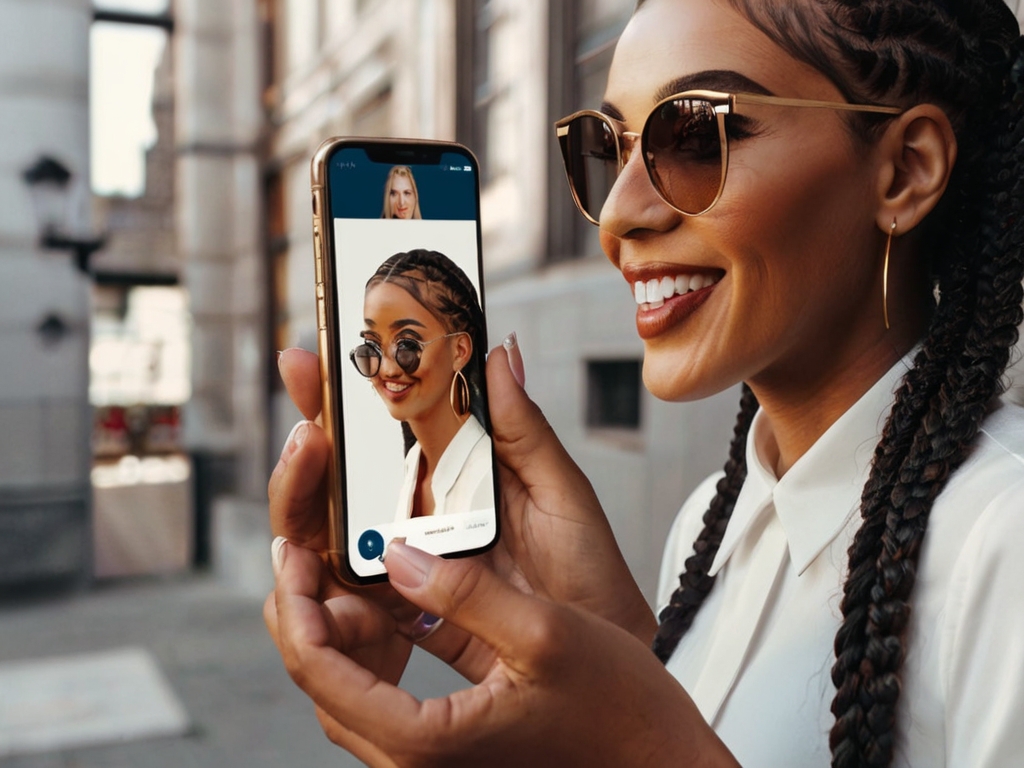In today’s digital age, influencer marketing has become a powerful tool for brands to connect with their target audience. With the rise of social media platforms, individuals with large followings have gained the ability to influence consumer behavior and purchasing decisions. However, amidst the plethora of sponsored content and paid promotions, the concept of authenticity has emerged as a critical factor in the success of influencer marketing campaigns.
Understanding Authenticity in Influencer Marketing
Authenticity is the quality of being genuine and true to oneself. In the context of influencer marketing, it refers to the sincerity and honesty with which influencers engage with their audience. Authenticity is essential because modern consumers value transparency and authenticity in the brands they support.

The Rise of Influencer Marketing
Influencer marketing has experienced exponential growth in recent years. What started as a niche marketing strategy has now become a multi-billion-dollar industry. Influencers, ranging from celebrities to micro-influencers, have the power to sway consumer opinions and drive purchasing decisions through their online presence.
The Pitfalls of Inauthenticity
However, with the increasing popularity of influencer marketing comes the risk of inauthenticity. Some influencers may prioritize sponsored content over genuine recommendations, leading to a loss of trust among their followers. Brands that engage in inauthentic influencer marketing risk damaging their reputation and alienating their target audience.

Strategies for Staying Authentic
To stay authentic in a world dominated by influencer marketing, both brands and influencers must prioritize honesty and transparency. Authenticity should be at the core of every influencer-brand partnership. Collaborating with influencers who genuinely believe in the brand’s values and products is crucial for maintaining authenticity.

Building Trust Through Authenticity
Authenticity is the cornerstone of trust-building in influencer marketing. Influencers who share their real experiences and stories resonate with their audience on a deeper level. By being transparent about sponsored content and partnerships, influencers can foster trust and credibility with their followers.
Authenticity as a Competitive Advantage
In a saturated market, authenticity can serve as a competitive advantage for both brands and influencers. Authentic brands stand out from their competitors and are more likely to attract loyal customers. Similarly, influencers who prioritize authenticity build stronger connections with their audience, leading to higher engagement and influence.

Case Studies: Authentic Influencer Campaigns
Several brands have successfully executed authentic influencer marketing campaigns. For example, the outdoor apparel brand Patagonia collaborates with outdoor enthusiasts and activists who genuinely embody their brand values of sustainability and environmental conservation. By partnering with authentic influencers, Patagonia creates genuine connections with their target audience.
Overcoming Challenges in Maintaining Authenticity
Despite the importance of authenticity, both brands and influencers face challenges in staying true to themselves. The pressure to conform to industry standards and the temptation of financial incentives can lead to compromises in authenticity. However, by prioritizing transparency and staying true to their values, brands and influencers can overcome these challenges and build authentic relationships with their audience.

Conclusion: The Power of Authenticity in Influencer Marketing
Influencer marketing has revolutionized the way brands connect with consumers, but authenticity remains the cornerstone of its success. By prioritizing authenticity, brands and influencers can build trust, foster genuine connections, and ultimately drive long-term success in the ever-evolving landscape of influencer marketing.
FAQs (Frequently Asked Questions)
- How does authenticity impact the effectiveness of influencer marketing campaigns?
- What are some common pitfalls to avoid in influencer marketing to maintain authenticity?
- How can brands identify authentic influencers to collaborate with?
- What role does transparency play in building trust with an influencer’s audience?
- How can influencers balance sponsored content with authentic recommendations?

